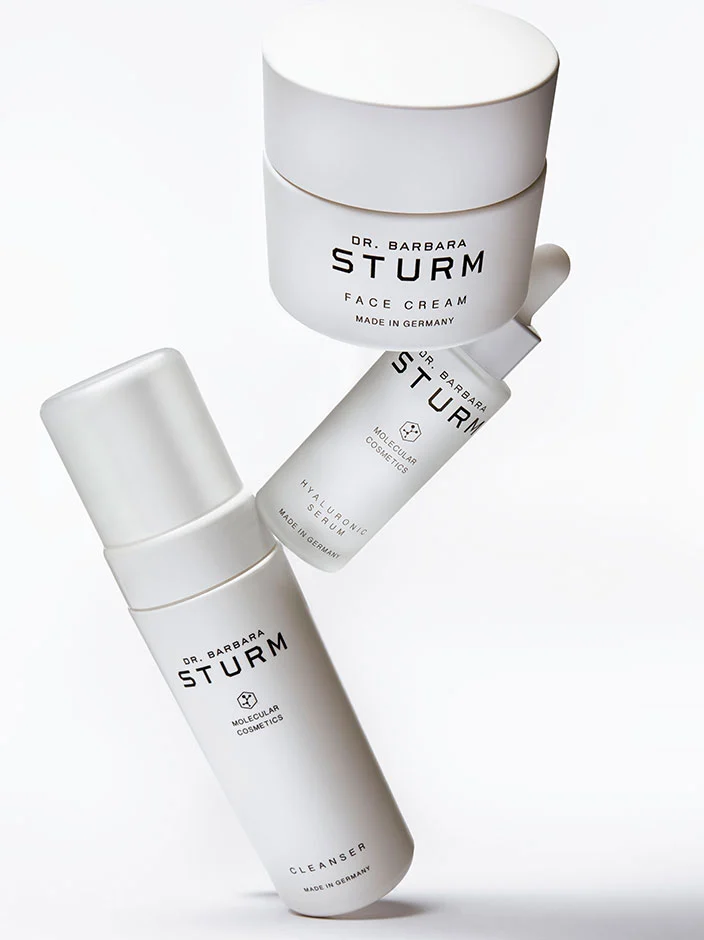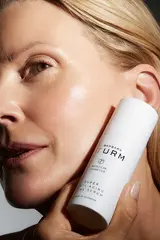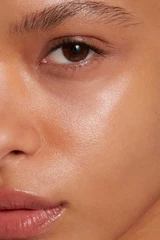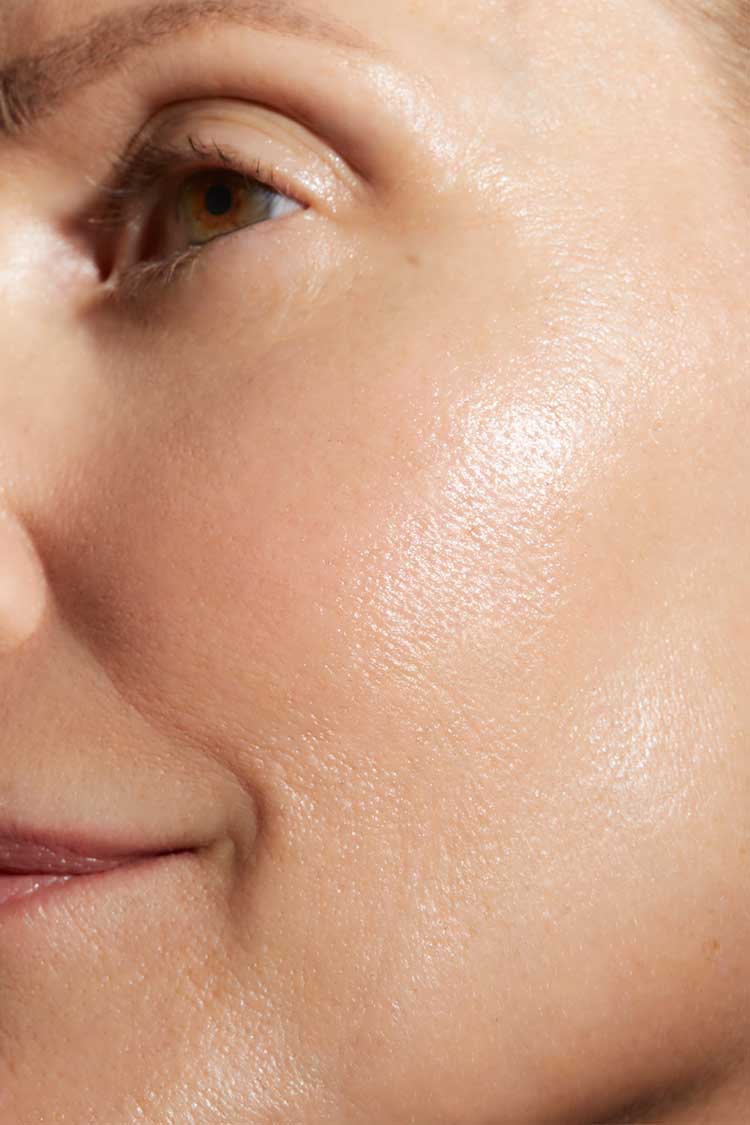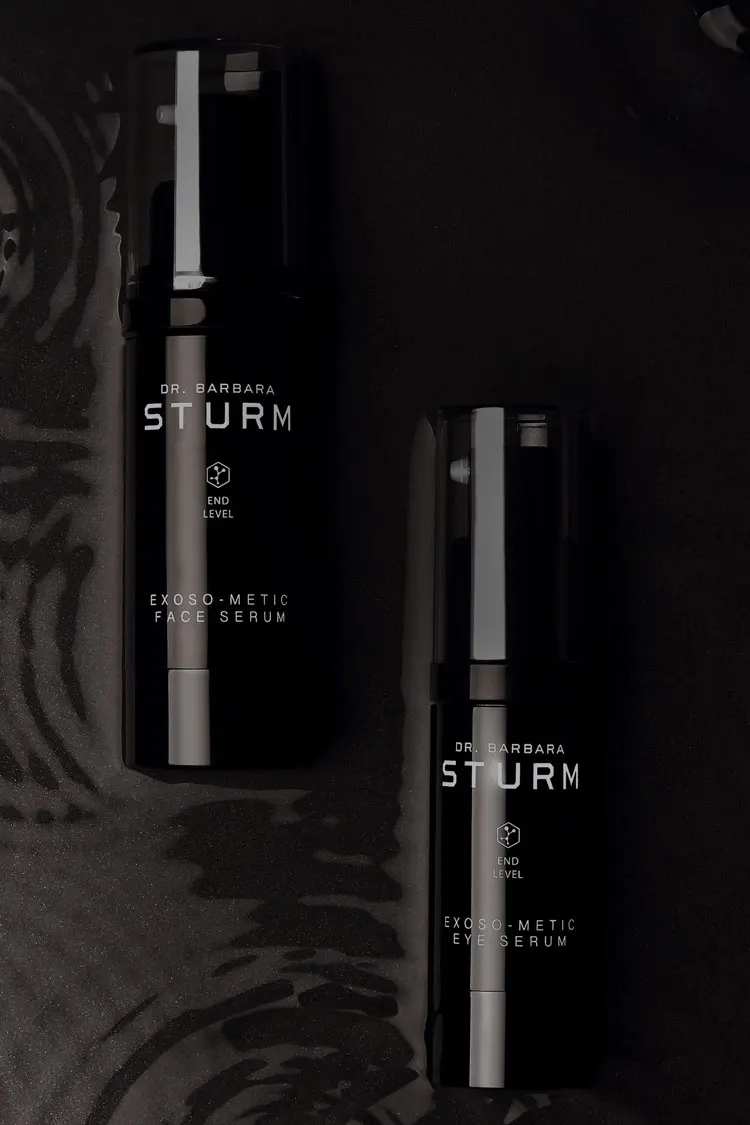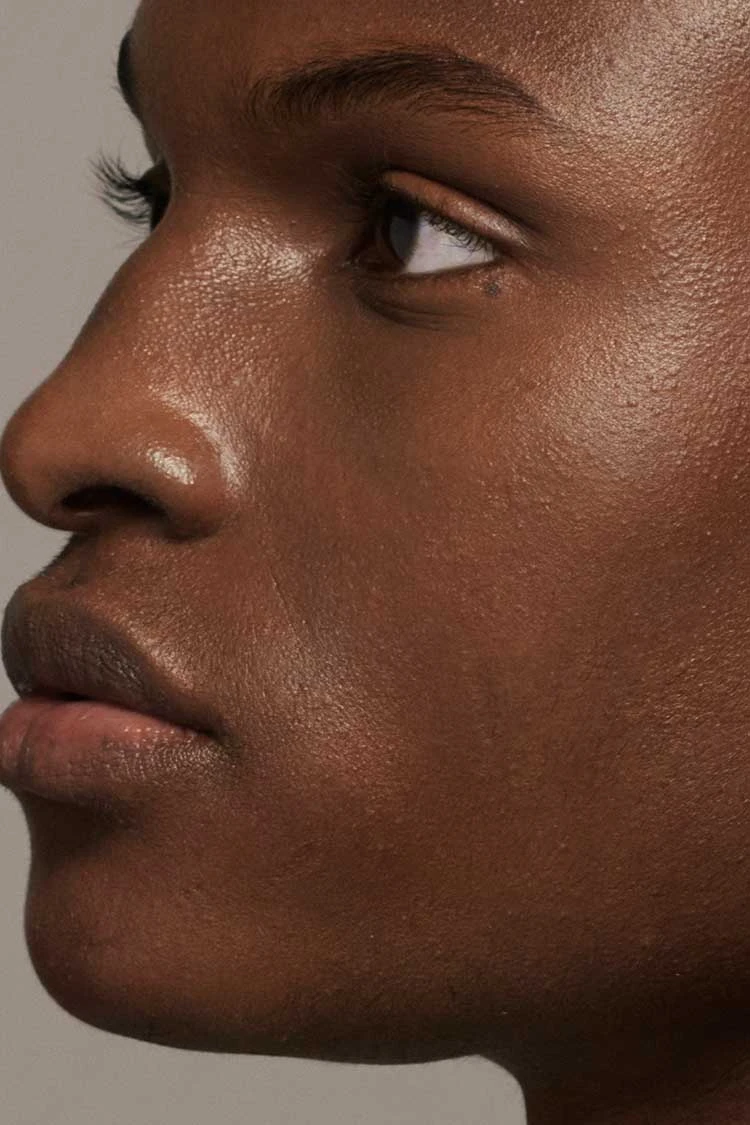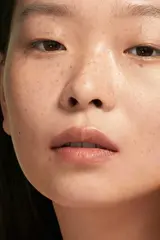The Anti-Aging Science of Sleep
2nd Mar 2023
“Beauty Sleep” is more than an expression. While we sleep, our body, brain and skin regenerate and rejuvenate; blood flow increases to produce more collagen and growth hormones (hGH) which help reduce wrinkles, firm the skin and improve skin tone. Restful sleep is a vital part of an anti-inflammatory lifestyle and one of the most effective actions you can take to reset your brain and body health every day. The skin, like the circadian rhythm, goes through a day and night cycle. As we sleep, the skin moves from protect to repair mode. Essential cell regeneration occurs and helps enable the body to detoxify from excess metabolic and oxidative damage. As we age, cellular functions begin to slow, and the skin’s ability to remove free radicals, oxidized protein waste or repair and regenerate becomes less effective.
“There is no major organ system of the body and no operation of the mind, that isn’t enhanced by sleep,” says Dr. Matthew Walker, Professor of Neuroscience and Psychology at the University of California, Berkeley and the author of Why We Sleep; The New Science of Sleep and Dreams. “You can think of sleep almost like your life support system.”
To help support your skin’s nocturnal processes, Dr. Barbara Sturm has created the SUPER ANTI-AGING NIGHT CREAM. Featuring a DBS NIGHT SYSTEM™, the revolutionary formulation optimizes the skin’s detox processes, smooths fine lines and wrinkles and leaves the skin feeling refreshed by morning. Adopting it into your night-time routine, whilst making sure you get a good night’s sleep, helps boost the essential processes that occur during the night to maintain healthy skin.
Dr. Barbara Sturm and Dr. Walker shared their top tips on how to sleep better for optimal body, mind and skin health in a recent Instagram Live. You can watch the full conversation on our YouTube channel here, or read our key takeaways below:
1. Keep a Regular Bedtime
Go to bed at the same time and wake up at the same time, no matter if it is the weekend or a weekday. Regularity is critical; it will anchor your sleep and improve the quantity and quality of sleep.
2. Dim the Lights
We are a dark-deprived society in this modern era, and we need darkness at night-time to release another hormone called Melatonin to help time the healthy onset of our sleep. In the last hour before bed, try to dim down half of the lights in your home and stay away from digital devices in the last 45 minutes. Reverse said steps in the morning. It is critical that we get natural daylight in the first half of the day – so try to sit next to a window or go out for 20 minutes, even on a cloudy day.
3. Keep Cool
We need to drop our core body temperature by about two to three degrees to fall asleep and then stay asleep. It is the reason why you will always find it easier to fall asleep in a room that is a little bit cold rather than too hot. A cool 16-18°C (60-80°F) is an ideal temperature for sleep.
4. Detox from Tech
Mobile phones, tablets and any alarm clocks with a digital display that emits blue HEV (High Energy Visible) light can suppress Melatonin (the hormone that helps you fall asleep) and tricks your brain into thinking it is not time to sleep. Looking at your phone as soon as you wake up can also cause ‘Anticipatory Anxiety,’ a feeling in which you are anticipating something that is anxiety-inducing, which ultimately affects how you sleep. When we look at our phones as soon as we wake, we are training our brains to expect this wave of anxiety every single morning.
5. Reduce Caffeine
Caffeine has what we call a ‘half-life’ of about five to six hours. In other words, after five or six hours of drinking your first latte, 50% of the caffeine is still in your brain and body. If you have a cup of coffee at 2pm in the afternoon, and then get into bed at midnight, your system will contain about a quarter of that caffeine. We know that caffeine can disrupt not just how easy it is to fall asleep and how hard it is to stay asleep; it can also disrupt the amount of deep sleep we are getting. If you enjoy a warming drink before bed, try Dr. Sturm’s non-caffeinated SKIN TEA MOLECULAR HERBAL INFUSION, which is blended with soothing herbs that help enhance relaxation.
6. Relax and Unwind
Try and establish some sort of winddown routine before you get into bed. Many of us think that sleep is like a night switch and that as soon as we get into bed, we should be able to go to sleep. Do whatever works for you; light stretches, meditation, reading a book or having a hot bath or shower… anything that can become a routine or ritual to relax you.
An educational conversation on the importance of sleep between Dr. Barbara Sturm and Dr. Matthew Walker.
